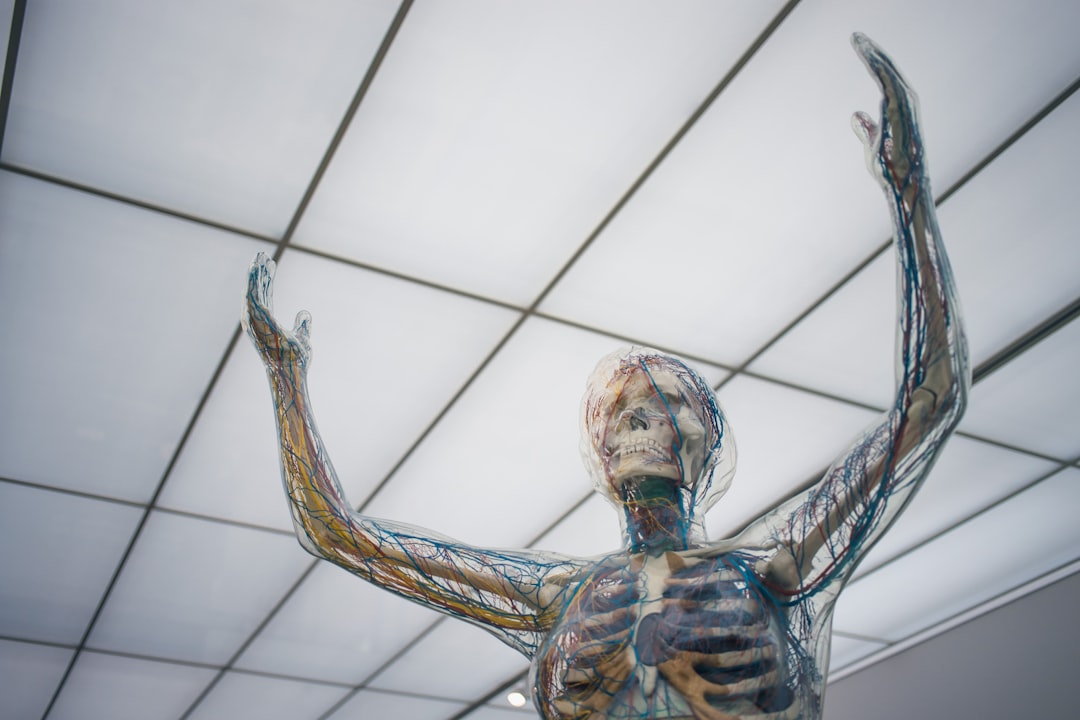What is it about?
A lack of self-control is often regarded by scientists as being the primary psychological explanation for why people overindulge in hedonic products or experiences (e.g., tasty food, netflix, etc.). However, its likely that overconsumption may also occur because consumption experiences do not live up to expectations: when things like distraction prevent a consumption experience from being fully enjoyed, people may generally overconsume afterwards to deal with this shortfall. In the present research we tested this idea with two studies, and found some initial support for the existence of this effect.
Featured Image

Photo by Sander Dalhuisen on Unsplash
Why is it important?
Our research is important because scientists do not possess a thorough understanding of what factors drive overconsumption of hedonic products and experiences. The present study sheds light on a possible alternative driver of overconsumption - hedonic shortfall during consumption - and highlights that factors like distraction may not only cause an overconsumption of food (something frequently claimed in the academic literature) but also other hedonic activities and experiences (e.g., watching television, gambling, etc). This study also provides the first evidence for the existence of a hedonic compensation effect, and will surely stimulate follow-up research to strengthen the evidence-base.
Perspectives
That people 'give in' to temptations represents the dominant narrative for why overconsumption generally occurs, however, in reality the picture is a lot more nuanced. It's therefore great to be involved in research that sheds more light on this nuance, and underlines that often overconsumption is something people are overtly motivated to engage in.
Stephen Murphy
Ghent University
Read the Original
This page is a summary of: Underwhelming pleasures: Toward a self-regulatory account of hedonic compensation and overconsumption., Journal of Personality and Social Psychology, May 2024, American Psychological Association (APA),
DOI: 10.1037/pspa0000389.
You can read the full text:
Contributors
The following have contributed to this page










